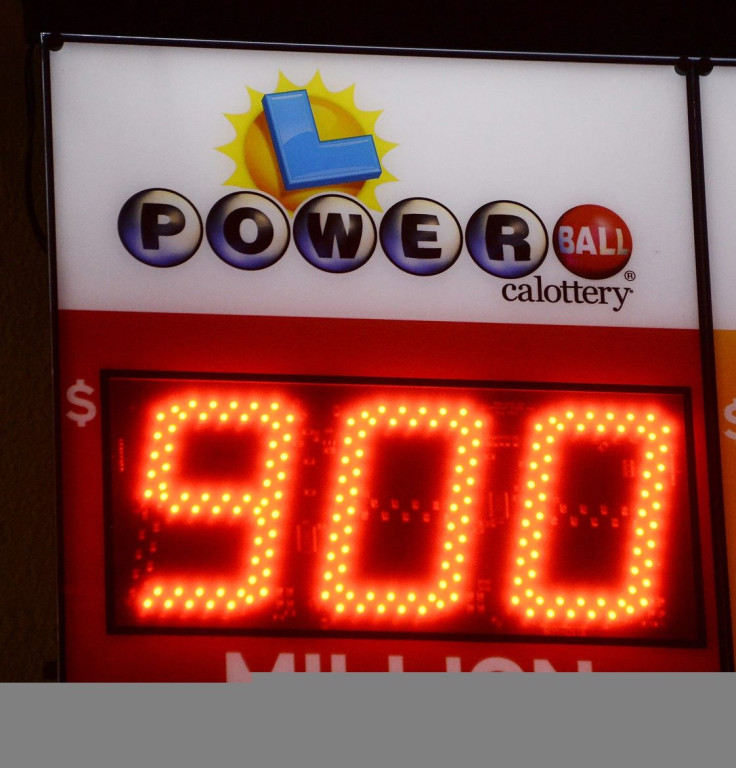Targeting millennials for lottery ticket sales

Lottery ticket sales generate U$80 billion (AU$102 billion) in annual revenue, more than the combined US sales of movie tickets, sporting events, music, books and video games. But while ticket sales rose 9 percent in 2016, the number of millennials who play — adults in their late teens to early 30s — is falling. Young Americans are showing less interest in buying lotto tickets than their parents, prompting lottery officials to worry about the odds for future growth. And that’s a big deal.
There are 80 million millennials in America alone and they represent about a fourth of the entire population, with US$200 billion (AU$255 billion) in annual buying power. To lose out on this market could be the death knell for lotteries around the country, many of which depend on the funds generated by these games.
At the moment, the majority of those tickets are sold at retail outlets requiring players to stand in line, sometimes for hours. And this runs exactly counter to how millennials interact and make purchases. Millennials are seemingly glued to their smartphones, so it makes sense that nearly three-quarters of Gen Y are making purchases from their smartphones.
A new online service has apparently changed all that, at least in California, and will soon expand into 22 additional states nationwide. LottoGopher Holdings Inc. (OTCQB: LTTGF) (CSE: LOTO) (FRA: 2LG) is a service that allows the purchase of Mega Millions, SuperLotto Plus and Powerball tickets online.
As of last year, the company has been offering its online lottery ticket sales in California. The positive response they have received has prompted them to plan for expansion into 22 additional states nationwide.
“It’s a simple, convenient way to play the lottery,” founder and CEO James Morel told Benzinga in a recent interview. “The service answers a huge convenience issue for millions of lottery players. You can even use your debit or credit card on the site, and soon you will see bitcoin and Ethereum accepted as well. Something had to change in the process of playing the lottery, and that’s where we come in."
And this could be the answer that the lotteries have been looking for to curb that downward trend in millennial ticket sales. Offering lottery ticket sales online could change that as Millennials tend to prefer online purchases. Consider that 73 percent of Millennials are already transacting directly on their mobile devices.
As it has been demonstrated by the disruptive effects in other industries (i.e. Uber and Airbnb), lotteries have so far managed to avoid this change. It looks like that is all about to change.





















